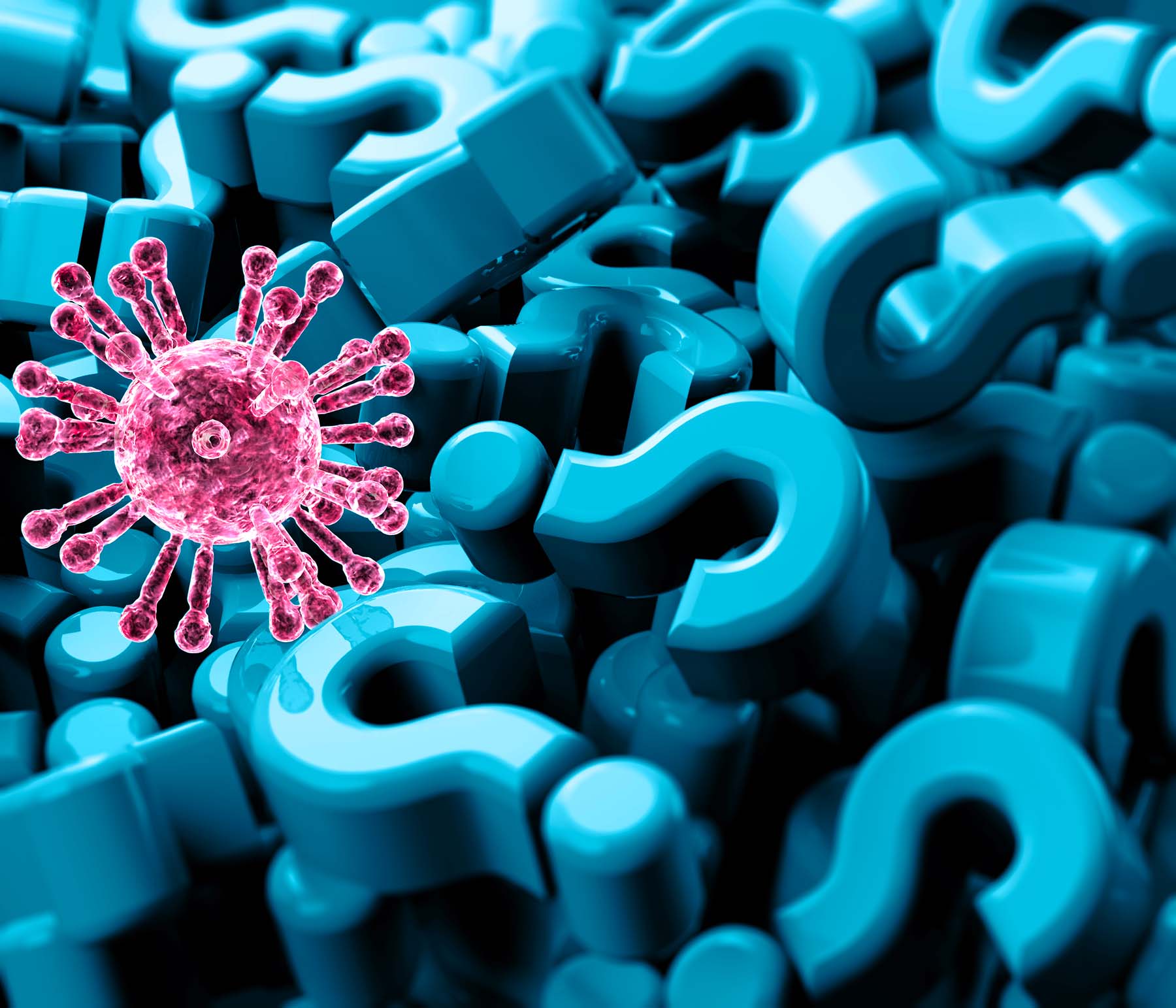Coronavirus Outbreak: What to Know

There is a lot of news out there about the coronavirus outbreak. Paola Lichtenberger, M.D., infectious disease expert at the University of Miami Health System, helps us sift through the noise and focus on what’s important.
What is the coronavirus, or COVID-19?
“COVID-19 is a virus that is part of the coronavirus family of viruses,” says Dr. Lichtenberger. “We have six types of coronavirus that cause infection in humans. Four of those viruses can cause the common cold.” The other two cause Severe Acute Respiratory Syndrome (SARS) and MERS, she says. What all of these have in common is that they all can cause respiratory infections.
According to the World Health Organization, there are more than 200,000 cases worldwide with more being reported daily.
PLEASE NOTE: The information concerning coronavirus is changing rapidly. Visit the Florida Department of Health and the CDC for the latest.
What are the symptoms and how is it spread?
The symptoms include fever, dry cough, and malaise and weakness. Dr. Lichtenberger says that in some cases there is also nausea and mild diarrhea. The virus can lead to pneumonia, respiratory distress, and in the most severe cases, can be fatal.
COVID-19 is spread through droplets sprayed into the air through coughing or sneezing. There is evidence that suggests the virus may survive on surfaces for a short time, so it is also spread by touching surfaces that have been contaminated with the virus.
According to the U.S. Centers for Disease Control, COVID-19 has an incubation period between 2 – 14 days. This is the period between when a person contracts the virus and begins to display symptoms. Dr. Lichtenberger says that new research shows that patients may be contagious 2 days before symptoms appear to up to a month after symptoms resolve.
What should I do to protect myself and others?
- Wash your hands
- Avoid contact with people who are sick
- Cough into your elbow
- Disinfect the surfaces of frequently touched items like phones
Also, the focus is moving towards “social distancing.” This means avoiding large crowds, working from home if you are able, and avoiding public transportation.
Many businesses, schools, and medical facilities are already taking steps to stop the spread of the disease. For instance, the University of Miami is extending its spring break and moving to online learning starting March 23. Also, UHealth is screening all visitors and patients coming in for appointments.
If you think that you may have COVID-19, Dr. Lichtenberger says contact your physician and to only go to the emergency room if you experience worsening of respiratory symptoms or signs of difficulty breathing.
How concerned should I be?
According to the CDC, most who contract the disease will have mild symptoms, but up to 16 percent of people may have severe illness requiring hospitalizations.
People who are older than 65, as well as those with comorbidities like cardiovascular disease and diabetes, are at higher risk for severe illness, says Dr. Lichtenberger.
COVID-19 is spreading rapidly through the country, however. So it is important for us to maintain good personal hygiene and social distancing measures, to protect everyone in our communities.
“Coronavirus is here, so we must all do our share,” says Dr. Lichtenberger. “Right now the main focus needs to be preventing the spread of the disease so that our healthcare system does not get overwhelmed.”
Important information:
- For Floridians
- For travelers
- For pregnant women
- Updates from the CDC
- Updates from the WHO
- Important UHealth Visitor Policy Updates
Natasha Bright is a contributing writer for UMiami Health News.
Tags: COVID-19, covid-19 in Miami
